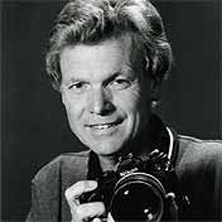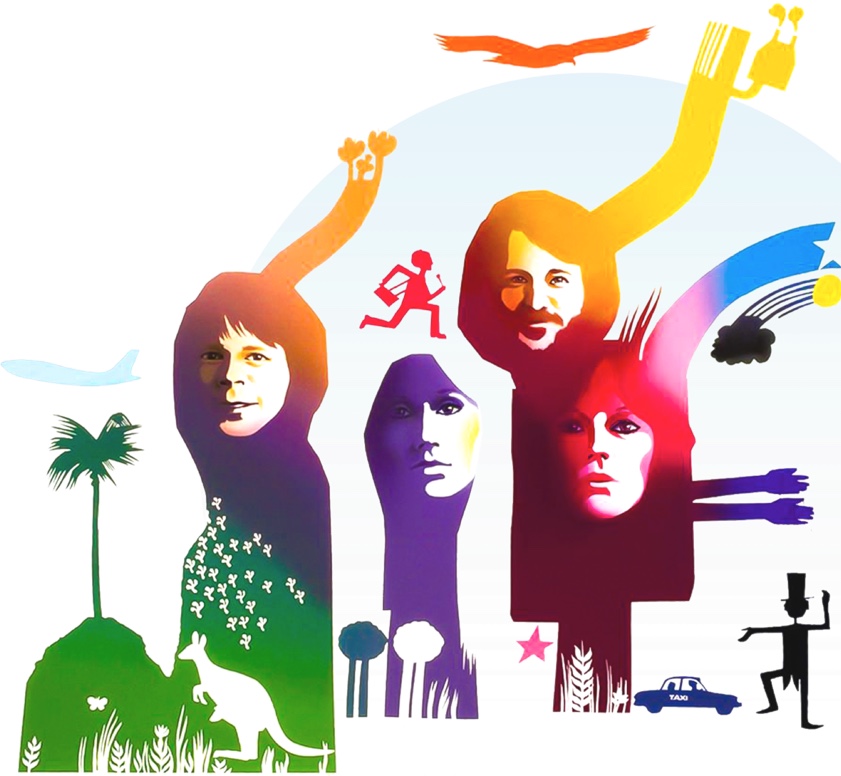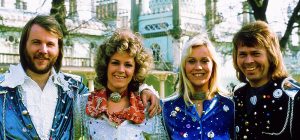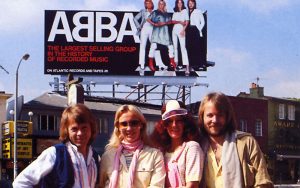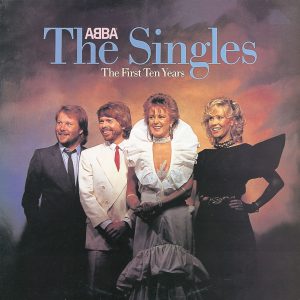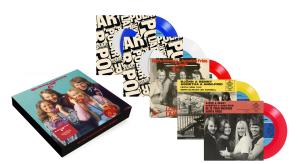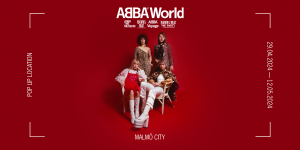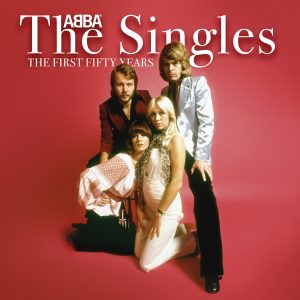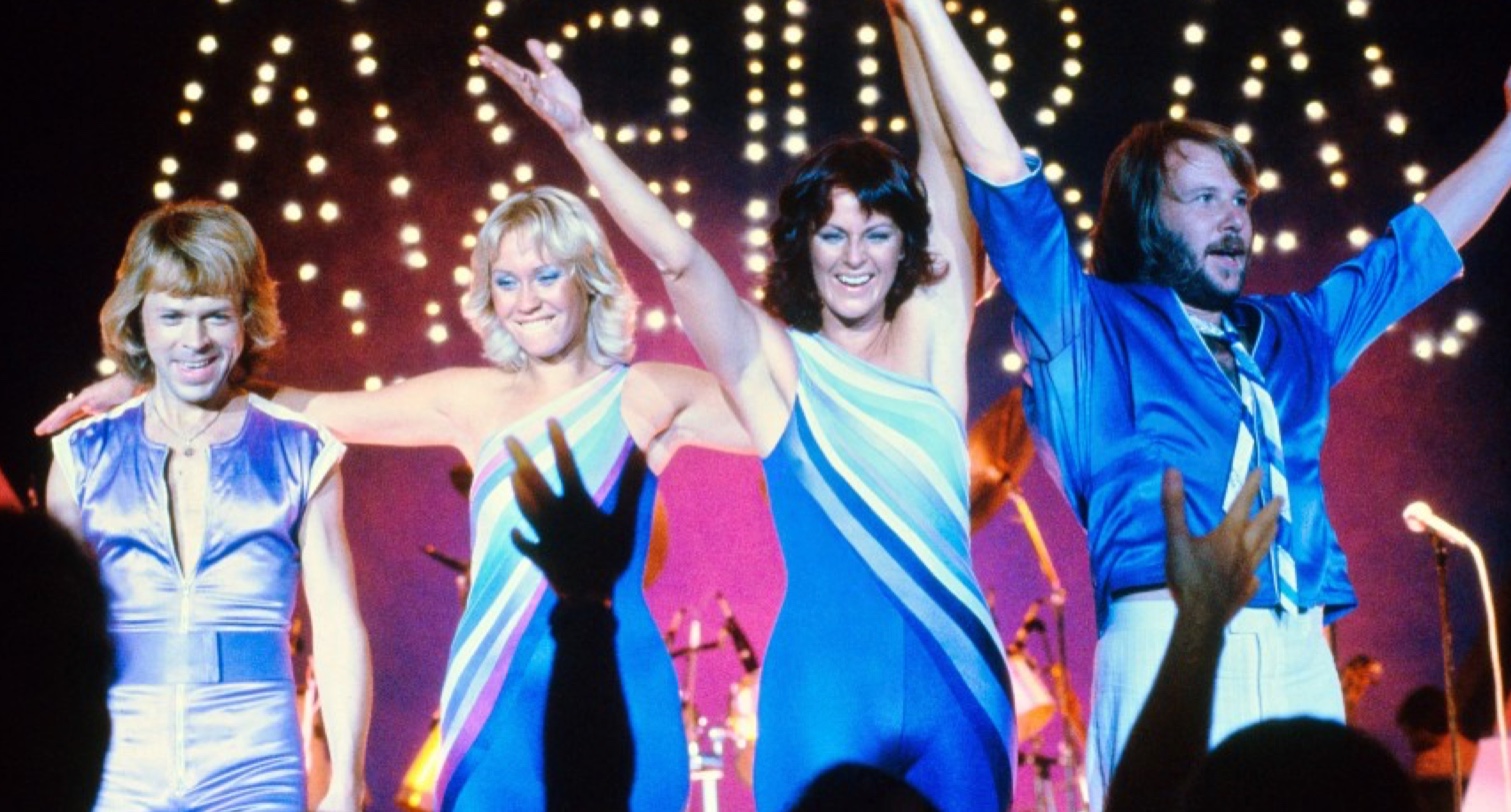
It began over 50 years ago in Sweden
Ever since their breakthrough with ‘Waterloo’ back in 1974, ABBA’s music has captured the hearts of people all over the world.
- 1966
- 1969
- 1970
- 1972
- 1974
- 1976
- 1978
- 1979
- 1980
- 1981
- 1982
- 1990
- 1999
- 2014
- 2016
- 2018
- 2019
- 2020
- 2021
- 2022
- 2023
- 2024
The Story
Today, the songs they created – expertly written and produced by Benny Andersson and Björn Ulvaeus, and interpreted vocally with passion and commitment by Agnetha Fältskog and Anni-Frid “Frida” Lyngstad – are regarded as an important part of the international music canon. In the 21st Century, ABBA are more popular than ever.
1966
The Beginning
The ABBA story began in Sweden, more than five decades ago. In June 1966, Björn Ulvaeus (born 1945) met Benny Andersson (born 1946) for the first time. Björn was a member of the Hootenanny Singers, a very popular folk music group, while Benny played keyboards in Sweden’s biggest pop group of the 1960s, The Hep Stars.
The pair wrote their first song together just a few weeks later, and by the end of the decade they had established a regular partnership as composers. By that time, Benny had left The Hep Stars, while the Hootenanny Singers only existed in the recording studio. The Hootenanny Singers released their records on the Polar Music record label, owned by Stig Anderson (1931–1997), who was to become ABBA’s manager. Stig also contributed lyrics to many ABBA hits during the first years of the group’s career.
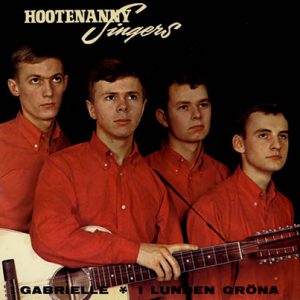
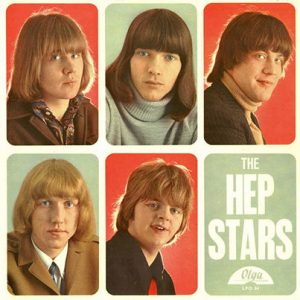
1969
In the spring of 1969, Björn and Benny met the two women who were to become not only their fiancées but also the other half of ABBA. Agnetha Fältskog (born 1950) had been a successful solo singer since releasing her first single in 1967. She and Björn were married in July 1971. Anni-Frid Lyngstad (born 1945), also known as Frida, started her recording career shortly before Agnetha. Frida was of Norwegian origin, but had moved to Sweden at a very early age. Benny and Frida didn’t get married until October 1978.
1970
Festfolk
At first, the four members collaborated musically mainly by contributing songs, instrumental backing, production work or backing vocals to the recordings they each made as solo or duo acts. In 1970, the attractive sound of their four voices combined gave them the idea to put together the cabaret act Festfolk (which had the double meaning “engaged couples” and “party people”). This first attempt at a collaboration was not successful, however.
1972
In the spring of 1972 the group recorded a song called ‘People Need Love’, garnering a medium-sized hit in Sweden. At this time, they called themselves Björn & Benny, Agnetha & Anni-Frid. Encouraged by this success they entered the 1973 Melodifestivalen, the Swedish selection for the Eurovision Song Contest, with the song ‘Ring Ring’. They finished third, but the single and the album of the same name were the biggest hits of the year in Sweden, competing for the top positions on the charts. ‘Ring Ring’ also became a hit in several other European countries.
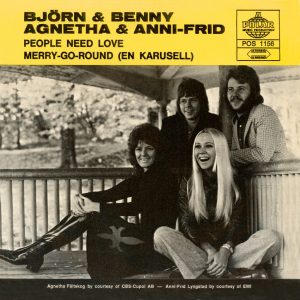
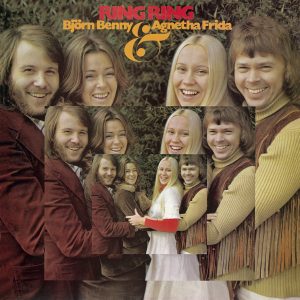
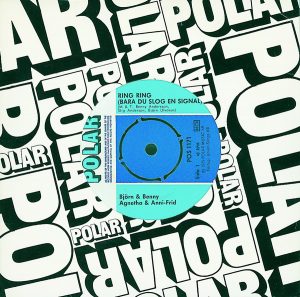
1974
Waterloo
The group entered Melodifestivalen again in 1974, this time with ‘Waterloo’, which took them all the way to the Eurovision finals in Brighton, England. By this time they had changed their name to ABBA, an acronym of their first names. ABBA was also the name of a Swedish canned fish company; fortunately, they agreed to lending their name to a pop group. The Eurovision Song Contest on April 6, 1974 turned out to be the most famous moment in ABBA history, when the group won the international juries over with ‘Waterloo’.
Soon after this triumph, ‘Waterloo’ was Number One on the charts all over Europe, even reaching the Top Ten in the US, where the Eurovision Song Contest had no impact. The album of the same name was also a huge hit in Sweden. However, the “stigma” of being winners of the Eurovision Song Contest made it difficult for ABBA to be taken seriously when they tried to follow this first success. It wasn’t until some 18 months later that they got a major worldwide hit again with ‘SOS’, taken off their third album, simply entitled ABBA.
‘Mamma Mia’, also from the ABBA album, returned the group to the UK Number One spot, which they occupied a total of nine times between 1974 and 1980. ‘Mamma Mia’ was Number One for ten weeks in Australia, which was the first territory to release it as a single. Over the next couple of years, Australia would be caught up in a virtual ABBA fever, giving the group a total of six Number One hits.
1976
Arrival
In 1976 ABBA finally and firmly established themselves as one of the most popular groups in the world. The various hits compilations conquering the world during this period (entitled Greatest Hits or The Best Of ABBA depending on where you lived) became global blockbusters. Classic single releases such as ‘Fernando’ and ‘Dancing Queen’ topped the charts all over the world, including the US (in 1977) – ‘Dancing Queen’ was ABBA’s only stateside Number One.
In late 1976 ABBA’s fourth album, Arrival, was released. The album stormed up the charts and spawned hits such as ‘Money, Money, Money’ and ‘Knowing Me, Knowing You’. This was followed by a concert tour of Europe and Australia between January and March 1977. The tour was a complete success with capacity houses everywhere. When the tour reached Australia, work was also begun on the feature film ABBA – The Movie. The premiere of the film in December 1977 coincided with the release of ABBA – The Album. Hits from the album included ‘The Name Of The Game’ and ‘Take A Chance On Me’.
1978
The spring of 1978 saw the group embarking on a major promotional campaign in the USA, leading to a Top Three single with ‘Take A Chance On Me’ and a Top Twenty entry for ABBA – The Album.
The hit singles ‘Summer Night City’ and ‘Chiquitita’ were followed by ABBA’s sixth album, Voulez-Vous, released in April 1979. Earlier that year, Björn and Agnetha announced their divorce. This did not mean the end of ABBA, but it did overthrow their image of two happy, music-making couples.
1979
ABBA’s single ‘Gimme! Gimme! Gimme! (A Man After Midnight)’ was released in the autumn of 1979, coinciding with a major tour of Canada, the United States and Europe. Around the same time a second compilation album, Greatest Hits Vol. 2, became an international success.
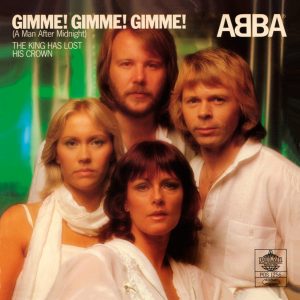
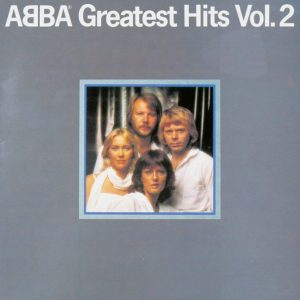
1980
ABBA In Japan
In March 1980, ABBA took their tour to Japan for what turned out to be their very last live concerts in front of a paying audience.
The rest of the year was devoted to the recording of ABBA’s next album, Super Trouper, containing classic hits like ‘The Winner Takes It All’ and the title track.
1981
One Of Us
In February 1981 the final blow was dealt to ABBA’s happy-couples image of the 1970s, when Benny and Frida announced their divorce. This still didn’t stop the foursome from working together.
At the end of the year, ABBA’s eighth album, The Visitors, was released, with ‘One Of Us’ as its biggest hit single.

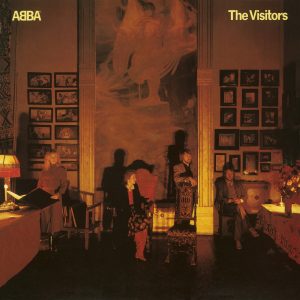
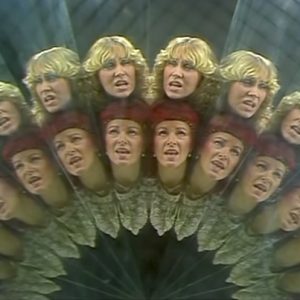
1982
Through the course of 1982 the energy was gradually running out of the group, as Björn and Benny set their sights on writing the musical Chess and Agnetha and Frida were reviving their solo careers.
The only ABBA LP release this year was a compilation double album of their hit singles, entitled The Singles – The First Ten Years, including two new songs. Although the single ‘The Day Before You Came’ was one of the group’s most accomplished recordings it failed to become a worldwide hit on the scale they had been used to. At the end of 1982, ABBA decided to take a break. If they wanted to, they reasoned, they could always get back together after a few years.
1990
Gold
More than three decades after ABBA’s “temporary break”, there still has been no reunion. But the group’s music lives on: the 1990s saw the beginning of a major revival, with successful cover versions and high-profile movies using ABBA songs on their soundtracks attracting a great deal of attention.
The compilation CD ABBA Gold, released in 1992, has sold more than 33 million copies to date. The 1993 companion album, More ABBA Gold, went on to sell 3 million copies. The box set Thank You For The Music followed in 1994, containing all the hits, selected album tracks, plus rare and previously unreleased recordings.
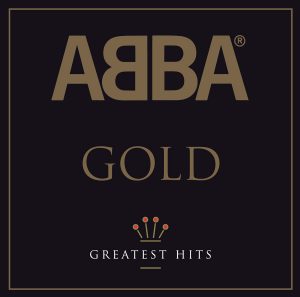
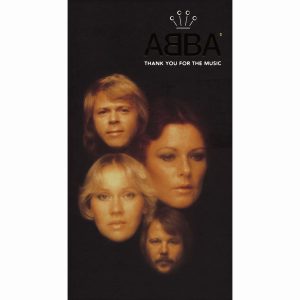
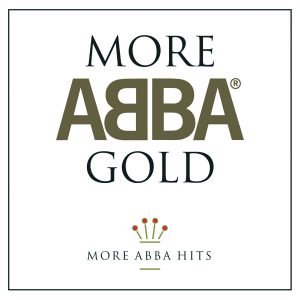
1999
Mamma Mia!
The hugely successful musical Mamma Mia!, based on the songs of ABBA, premiered in London in 1999. The musical opened on Broadway two years later, and quickly spread across the globe; to date it’s been seen by more than 60 million people in over 440 cities.
The premiere in ABBA’s home country of Sweden in February 2005 was attended by Agnetha, Björn, Benny and Frida. A hugely successful movie version of Mamma Mia!, starring Meryl Streep and Pierce Brosnan, opened in July 2008. The Stockholm opening of the movie was attended by the four ABBA members.
2014
Live At Wembley Arena
Since the start of the 21st Century, Polar Music International have continually upgraded the ABBA catalogue. ABBA’s eight original studio albums and their Spanish-language 1980 album Gracias por la mùsica, have been reissued as expanded Deluxe Editions, featuring DVDs containing previously unissued television performances and other rarities with additional bonus tracks, revised artwork and expanded booklets featuring detailed essays about the albums.
In 2014, the double-album Live At Wembley Arena was issued, the first-ever release of a complete ABBA live concert.
2016
The compilation albums ABBA Gold and ABBA Oro have also been reissued with revised booklets and updated liner notes, while a double-CD entitled The Essential Collection compiles ABBA singles. A comprehensive box set, The Complete Studio Recordings, was released in 2005, receiving spectacular press reviews. A box set entitled ABBA – The Vinyl Collection, containing faithful vinyl reissues of ABBA’s eight original studio LPs, was released in December 2010. There have also been further vinyl re-releases of ABBA’s music, such as the 45 RPM half-speed mastered double vinyl edition of Arrival, issued to celebrate the 40th anniversary of the album in 2016, and the similar release of ABBA – The Album in 2017, celebrating its 40th anniversary.
ABBA’s legendary videos, most of which were helmed by renowned director Lasse Hallström, have been collected on the DVD version of The Essential Collection, featuring the cleaned-up and remastered original film clips. The two live concert films ABBA – The Movie and ABBA In Concert have been restored and re-released on DVD, with bonus material. Other DVD releases include ABBA In Japan (featuring a vintage television special) and the short film The Last Video, which featured cameo appearances from the ABBA members. The official website, ABBA – The Official Site, is an acclaimed resource for authoritative information about the group.
Today, ABBA are regarded as one of the all-time classic pop acts, acknowledged by their 2010 induction into the Rock And Roll Hall Of Fame. That same year saw the London opening of ABBAWORLD, an authorized touring exhibition and interactive experience. The project was endorsed by the former members of the band, who also contributed items and personal video interviews. The exhibition eventually found a permanent home at ABBA The Museum in Stockholm, Sweden. Opening in May 2013, the museum was an instant success: as of early 2018, the museum has attracted more than 1.5 million visitors.
In January 2016, a dinner show concept called Mamma Mia! The Party opened in Stockholm. The opening was attended by all four ABBA members, causing international headlines when they decided to stand together briefly and wave to the audience. This was the first opportunity in three decades to capture the four members together exclusively in one and the same photograph.
2018
In 2018 a sequel of the movie Mamma Mia! was released – Mamma Mia! Here We Go Again allowed the original cast to reprise their roles, and also feature a cameo from Cher.
2019
Celebrating its 40th anniversary this year, ABBA’s Voulez-Vous was reissued as a multi-format release on June 14th. including a 2LP half-speed 180g vinyl, mastered at Abbey Road, cut at 45RPM. A coloured-vinyl 7″ single box set, collecting 7 singles released in the era of the Voulez-Vous album and each single released as a limited-edition standalone picture disc.
On September 19th, Mamma Mia! The Party opened at London O2, the opening was attended by Björn and Benny, and on December 6th ABBA The Super Troupers Exhibition opened at the same arena.
ABBA Gold, originally released in 1992, passed its 900th week on the UK Official Albums Chart, making it the longest-running Top 100 album of all time.
2020
In October this year it was time to celebrate Super Trouper, the album that soundtracked the Christmas season and far beyond 40 years ago. The album was reissued as a multi-format release including a 2LP half-speed 180g vinyl, mastered at Abbey Road, cut at 45RPM. A coloured-vinyl 7″ single box set, collecting 3 singles released from the album and each single released as a limited-edition standalone picture disc.
2021
On March 23nd ABBA it was announced that ABBA were the winners of the Swedish Government’s 2021 Music Export Prize.
On November 5th ABBAs ninth studio album Voyage was released, their first album in nearly 40 years.
Details of Voyage were announced early September, along with ABBA Voyage, the revolutionary new concert with Agnetha, Björn, Benny and Anni-Frid performing digitally with a live 10-piece band, in a purpose-built ‘ABBA arena’ at Queen Elizabeth Olympic Park.
Following the announcement of the brand-new album, the band commented at the time: “It’s been a while since we made music together. Almost 40 years, actually. We took a break in the spring of 1982 and now we’ve decided it’s time to end it. They say it’s foolhardy to wait more than 40 years between albums, so we’ve recorded a follow-up to “The Visitors”. To tell the truth, the main inspiration to record again comes from our involvement in creating the strangest and most spectacular concert you could ever dream of. We’re going to be able to sit back in an audience and watch our digital selves perform our songs on a stage in a custom-built arena in London next spring. Weird and wonderful!”
As with all previous ABBA studio albums, Voyage was written and produced by Benny Andersson and Björn Ulvaeus, their arrangements and lyrics complemented through the unmistakable and timeless vocals of Agnetha Fältskog and Anni-Frid Lyngstad. Much of the programming and mixing was undertaken by Benny, with the album also featuring the Stockholm Concert Orchestra.
The new album saw the four members of ABBA head back into Benny’s studio Riksmixningsverket in Stockholm over a four-year period to record the ten songs that feature on the album. These include ‘I Still Have Faith In You’, and ‘Don’t Shut Me Down’, the first two songs to be recorded in these new sessions, and that will both feature in the ABBA Voyage concert alongside a set-list of the band’s greatest hits.
2022
On May 27th the ABBA Voyage Arena opened in London.
Agnetha, Björn, Benny and Anni-Frid have created the kind of concert they always wanted, performing for their fans at their very best: as digital versions of themselves backed by today’s finest musicians.
Blurring the lines between the physical and digital, see the magic of ABBA brought to life using the latest in motion capture technology.
2023
This year ABBAs first studio album Ring Ring celebrated its 50th anniversary with Polar releasing a string of products; the half-speed master of the album, single boxset and also the singles as separate picture discs.
The long awaited 40th anniversary releases of The Visitors was also finally released.
Furthermore, ABBA won The BRIT Billion Award and also got 4 Grammy Award nominations.
And finally, the year also saw ABBAs record company Polar Music International AB celebrating 60 years in the business with a brand new site, www.polarmusic.se including not only ABBAs Official Shop but also the history and information about Polar artists such as Hootenanny Singers, Ted Gärdestad and others.
2024
waterloo 50th anniversary
It’s now 50 years since ABBA won the Eurovision Song Contest in Brighton with the song ‘Waterloo’. To celebrate this amazing year a lot of happenings took place.
In April, the anniversary package of ‘Waterloo’ was released and the Piano moment took place simultaneous in several citiesacross Europe. In Stockholm for example SVT celebrated the milestone with a concert.
During Eurovision this year in Malmö, ‘ABBA World’ pop-up open its doors. For two weeks fans could experience all entities working with ABBAs catalogue today, Polar Music, ABBA The Museum, ABBA Voyage, Mamma Mia! and Mamma Mia The Party!
Throughout the year two new apparel collection launched, ‘Waterloo 50th’ and ‘Gimme! Gimme! Gimme! 45’.
In October the new compilation ABBA The Singles – The First Fifty Years was released both on CD, vinyl and digital.
Ending this amazing year with the release of ‘Little Thing’ as 7″ and this years edition of ‘Happy New Year’.
The people

Anni-Frid Lyngstad

Benny Andersson

Björn Ulvaeus

Agnetha Fältskog
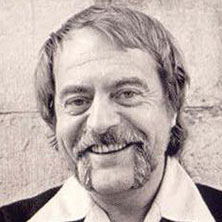
Stig "Stikkan" Anderson

Görel Hanser
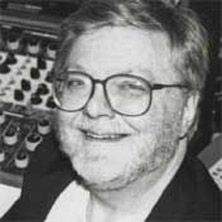
Michael B. Tretow
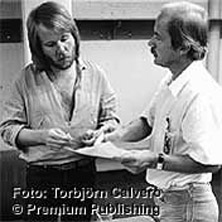
Rune Söderqvist

Ola Brunkert
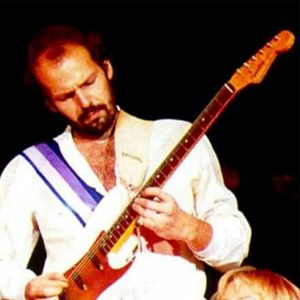
Lasse Wellander
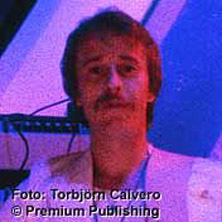
Rutger Gunnarsson
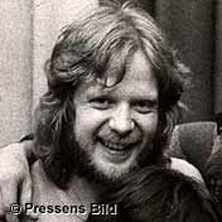
Roger Palm
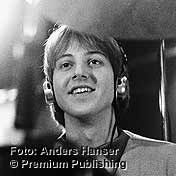
Per Lindvall
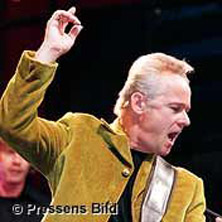
Mike Watson
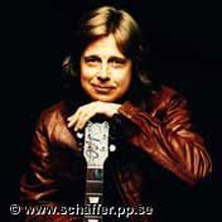
Janne Schaffer
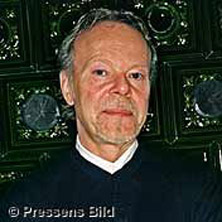
Thomas Johansson
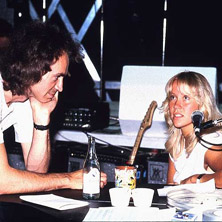
Claes af Geijerstam
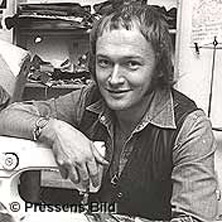
Owe Sandström
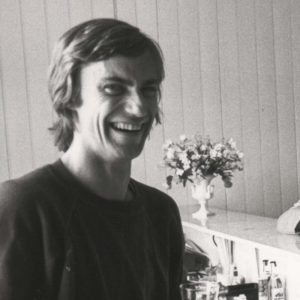
Lasse Hallström
